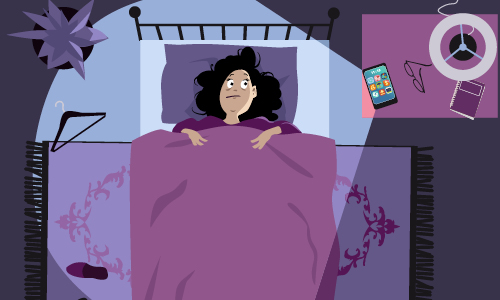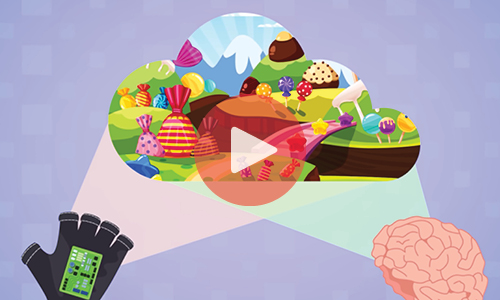|
|
|
|
|
|
| |
As soon as I was fully vaccinated, I went to the dentist for a routine cleaning and discovered I had cracked a filling. “You’re clenching at night,” she said while peering at my teeth. Dentists are seeing a lot of cracked teeth, and many suspect pandemic-related stress. |
|
| |
|
|
|
| |
Humans are a social species. We’re restless, ready to rejoin the social world. But many are literally restless, facing insomnia and sleep disorders. As an anxious homebody with a lifetime of coping mechanisms, I think I’ve handled the pandemic well. My teeth grinding and stress dreams say differently. |
|
| |
|
|
|
| |
The country is reopening, but the effects of chronic stress won’t go away overnight, so don’t put away your mouth guard just yet. |
|
| |
|
|
|
|
|
|
|
|
|
|
|
| |
A global pandemic is stressful, to say the least, and stress releases hormones, including adrenaline and cortisol, that increase heart rate and blood pressure. Those physiological effects, along with behavioral pressures such as inconsistent schedules and too much screen time, can make falling and staying asleep tough, leading to “coronasomnia.” |
|
| |
|
|
|
| |
Sleep researchers offer a few tips to get you back to dreamland: Eat magnesium-rich foods (dark leafy greens, avocados, dark chocolate). Avoid alcohol and caffeine. Try a weighted blanket. Turn off screens an hour before bedtime. Develop a presleep ritual like taking a bath or reading (on old-fashioned paper). Wake up at the same time every day. For severe cases of insomnia, consider cognitive behavioral therapy. |
|
| |
|
|
|
|
|
|
|
| |
|
|
|
| A UChicago study has linked loneliness and social isolation to poor sleep for older adults. |
|
|
|
| |
|
|
|
|
|
|
|
|
|
| |
|
|
|
| “Queen of Dreams” Rosalind Dymond Cartwright (1922–2021) connected dreaming to mental health. |
|
|
|
| |
|
|
|
|
|
|
|
|
|
| |
| |
|
|
| |
Dormio could one day ensure sweet dreams. |
|
| |
|
|
|
|
| |
|
|
|
|
|
| |
Dormio, a glove-like sleep-tracking device, detects when a person has entered the earliest stage of sleep, when the brain acts much like it does during REM but the person can still hear. The device plays words like “tree,” and many subjects did in fact dream of some sort of tree. This technology could lead to better sleep quality, memory, and learning. Dormio is being studied at several universities, including UChicago. |
|
| |
|
|
|
|
|
|
|
| |
| |
|
|
| |
Carbon:
Environmental impact from you, me, and cryptocurrency.
|
| |
|
|
|
|
|
| |
|
|
|
|
|
| |
| |
Visit the Alumni & Friends website for stories, podcasts, and other features, curated for you on UChicago Review. Create an account for a more personalized experience.
Sign up to receive µChicago monthly. |
|
|
|
| |
|
|
|
|





